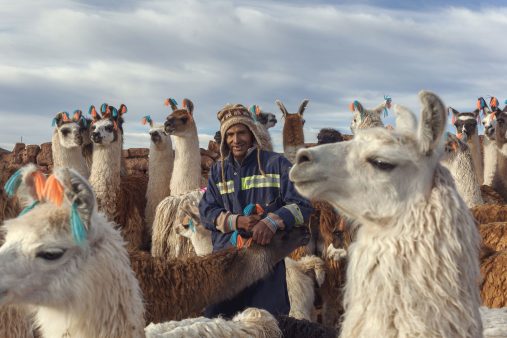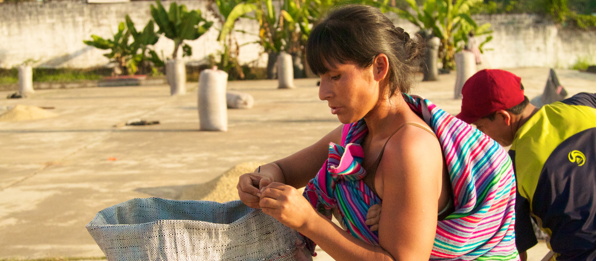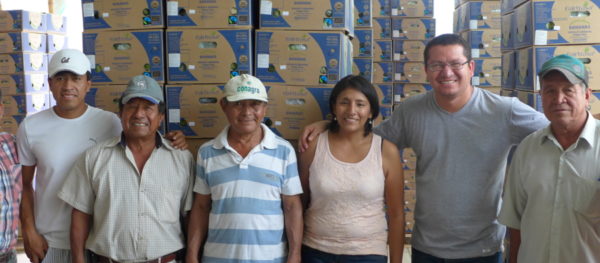Tag: Peru

Camelids Take Centre Stage: FAO Launches International Year to Recognise their Global Impact
Global: The International Year of Camelids was launched to raise global awareness of their role as sustainable contributors to local economies.
Read More#FillTheGap! Esperanza brings hope for female leaders in Peru
Latin America & the Caribbean: Esperanza Dionisio Castillo rose up the ranks and became the only woman in the whole of the Junín region, Peru, to manage a cooperative, guiding the Pangoa Cooperative to unprecedented levels of success.
Read More#IamAg! Meet Jim Ruiz, Social Entrepreneur & Fairtrade Champion
Latin America & the Caribbean: Jim has supported farmer co-operatives in Peru to become certified fairtrade producers and helped them reinvest their income. How did he get onto this career path?
Read MoreCredit for Fertilizer Helps Peruvian Coffee Growers Improve Livelihoods
Latin America & the Caribbean: Coffee-growers in Peru have been receiving a helping hand from a homegrown programme that provides credit for purchasing fertilizer. The “Family Program”, which was set up by coffee exporter Comercio & Cia in 2003, has been giving farmers interest-free credit for three consecutive years, whose crop production is then sold back to Comercio & Cia […]
Read More


